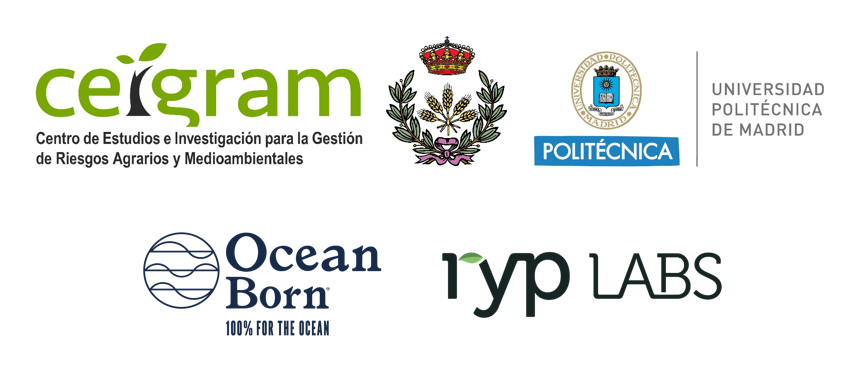On May 19, at 12:30h, in collaboration with the Ocean Born Foundation and Ryp Labs Inc, the seminar “Prevention of food rot along the value chain to reduce waste and environmental impact” will be held in the auditorium of the Agricultural Building of the School of Agricultural, Food and Biosystems Engineering, given by Amit Dhingra, Head of the Department of Horticultural Sciences, Professor of Genomics and Biotechnology and Senior Scientist at the Borlaug Institute for International Agriculture and Development at Texas A&M University.
The Dhingra research program investigates important biological processes in specialty crops relevant to the current and future needs of agriculture. He has been awarded three US and three international patents on regulating ripening in fruits to reduce post-harvest wastage. He has published more than 85 high impact peer-reviewed journal articles. He has trained 17 graduate students and several post-doctoral scientists, and over a hundred undergraduate students, and in 2017, he was awarded the Council on Undergraduate Research National Biology Mentor award. He serves on the editorial board of five internationally reputed plant science journals. Dr. Dhingra’s research has been featured in the New York Times, The Atlantic, BBC, The Times of London, and several other news outlets.
Amit founded Phytelligence Inc., an agriculture biotechnology spin-off out of his lab in 2011. He has recently started his second start-up, Qualterra Inc. (www.qualterraag.com), an agricultural technology company that is creating innovations for agriculture and sustainability. He is also currently involved with Moolec Science (https://moolecscience.com/), a plant-based, alternative protein production company that was recently listed on Nasdaq, and Ryp Labs (https://www.ryplabs.com/), a post-harvest technology start-up, in the capacity of their Chief Science Officer.
Additional information about Dr. Dhingra’s professional activities can be obtained at:
Research website – https://genomics.wsu.edu/category/news/ and https://hortsciences.tamu.edu/people/faculty-2/amit-dhingra/
LinkedIN: linkedin.com/in/amitdhingraphd
Summary of the Seminar:
– Introduction of the Ocean Born Foundation by Martin Schwab, Co-Founder and CEO
– Food waste in the EU by Megan Thode and Sören Zimmer, Special Projects Ocean Born Foundation
– Dr. Amit Dhingra: There is a need to produce 70% more food to feed the burgeoning population. However, over 40% of the food produced globally is wasted at the postharvest stage. There is an urgent need to reduce or eliminate postharvest wastage to mitigate its negative environmental impact. Therefore, there is a need to develop and evaluate novel pre-harvest and postharvest approaches to delay or regulate ripening processes and address the postharvest disease issues. Research in the Dhingra lab focuses on addressing the challenges of food production throughout the value chain. A patented preharvest technology has been shown to improve quality, storage and reduce incidence of physiological disorders. Another patented postharvest technology enables the regulation of respiratory and ethylene sensing and synthesis pathways to improve fruit quality and reduce wastage. Investigations into the mechanisms of these approaches are underway and will be presented. In partnership with Ryp Labs, an innovative post-harvest solution company focused on tackling food waste, we are working to understand how the volatile components of some essential oils impede fungal and bacterial pathogens in order to commercialize sustainable postharvest disease-mitigating solutions and reduce the environmental impact of food wastage.
Seminar Moderator: Fernando Escribano, investigador del CEIGRAM.
At the end of the seminar, an Ocean Beer will be invited to the attendees.
The seminar will also be transmitted online.
Registration through the following link: «Prevention of Food Rot Along the Value Chain to Reduce Waste and Environmental Impact»
Organizers of the seminar:

